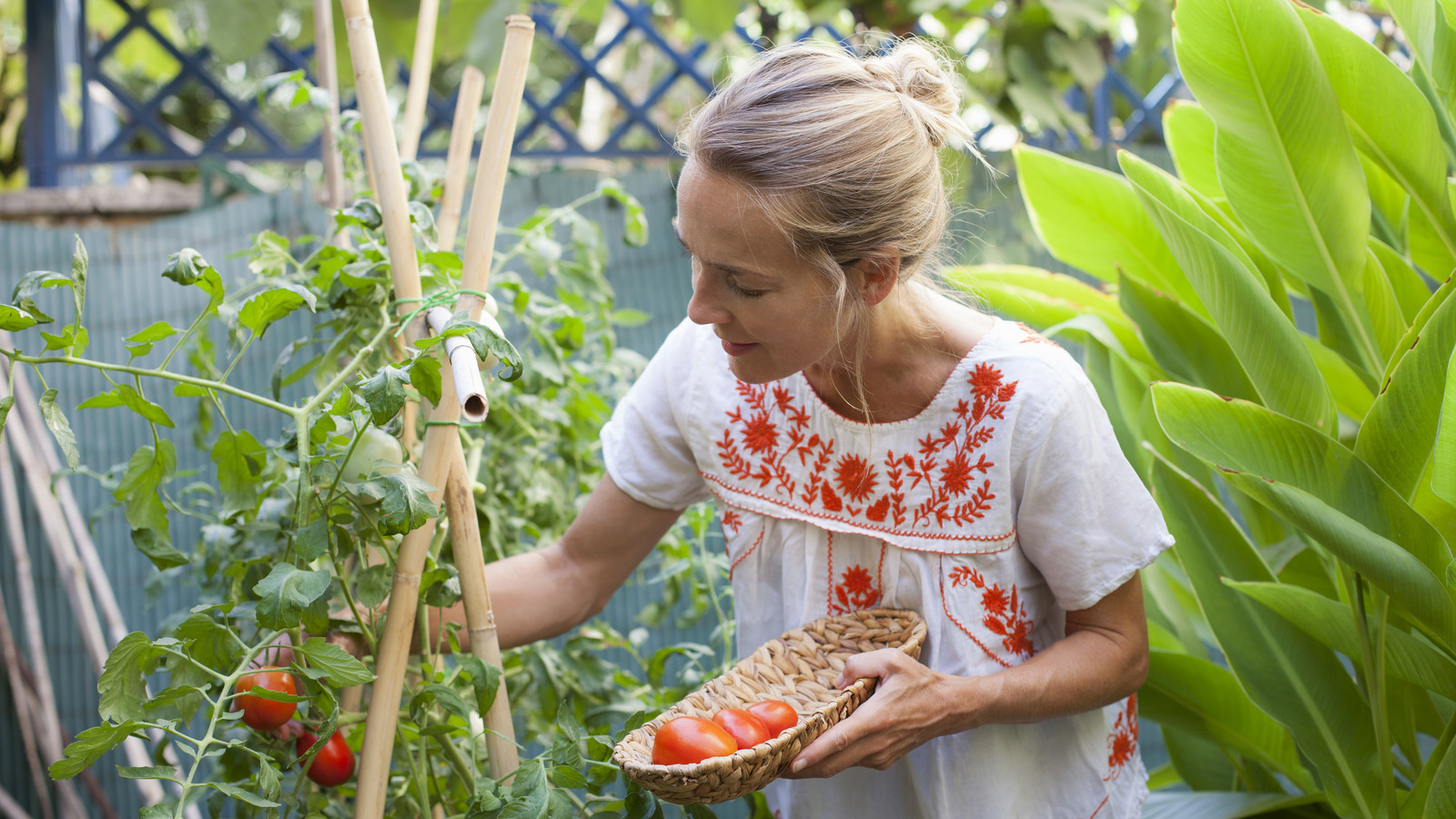
Gardeners and plant enthusiasts have long perceived their greenery as more than just plants, often attributing them with feelings and personalities. It’s been suggested that plants possess a sense of smell and may respond positively to music. While opinions vary on these claims, it’s clear that plants have preferences regarding their neighbors.
When planning your garden this year, it’s important to consider which plants, especially herbs, should not be planted too close to your tomatoes. This is due to the principles of companion planting, which affect how your garden thrives or struggles based on plant proximity. Herbs such as fennel, dill, and rosemary are not ideal companions for tomato plants and can result in stunted growth and a reduced harvest.
This is primarily due to allelopathy, a phenomenon where plants release chemicals known as allelochemicals that can either benefit or harm nearby plants. These chemicals are found in various parts of a plant, including roots and seeds, but are most commonly present in leaves and roots. They can spread through the air, soil, or decomposing leaves.
Keep tomato plants separate from fennel and dill
The interaction between tomato and fennel plants exemplifies allelopathy. Planting fennel near tomatoes can negatively impact seed germination, fruit production, and growth habits. If tomatoes do bear fruit, they may be smaller compared to those grown away from fennel. If you decide to plant fennel near other plants, consider using a pot, as its allelochemicals are primarily released from its roots. However, keep in mind that fennel can attract aphids, potentially leading to an infestation of your tomato plants.
Mature dill plants similarly affect tomato plants. A 2019 study published in “Ecologia Balkanica” found that allelochemicals in dill seeds suppress seed germination, weaken root systems, and reduce seedling size in tomato plants. Additionally, both dill and tomato plants require nutrient-rich conditions, which can lead to competition for resources. Their competition for sunlight can also be problematic, as tomato plants’ sprawling limbs may block sunlight from dill, and dill’s fronds may cast shade on the tomatoes.
Tips to keep in mind when planting rosemary near tomatoes
The relationship between rosemary and tomatoes is more complex, with varied opinions on their compatibility. These plants have different requirements, making it challenging for them to thrive together. Rosemary prefers dry soil and minimal nutrients, while tomatoes need consistent moisture and fertile soil.
However, a 2019 study in Scientia Horticulturae found that applying rosemary oil to tomato seedlings enhanced root growth and nutrient uptake. Additionally, the strong aroma of rosemary can mask the scent of nearby tomato plants, potentially deterring pests that target tomatoes. To optimize this relationship, consider growing tomatoes in their own pot with appropriate soil and watering needs next to a rosemary bush.
Wondering what to plant near your tomatoes? Basil is an excellent companion, both in the garden and on your plate. This flavorful herb enhances tomato growth by promoting fruit production and developing strong roots, stems, and leaves. It also repels pests like thrips and attracts beneficial bees. Parsley is another great companion plant for tomatoes.






